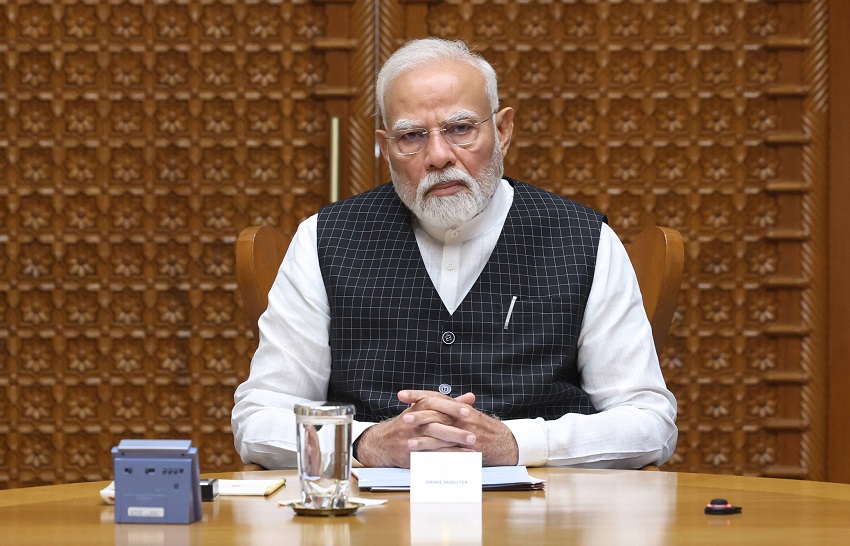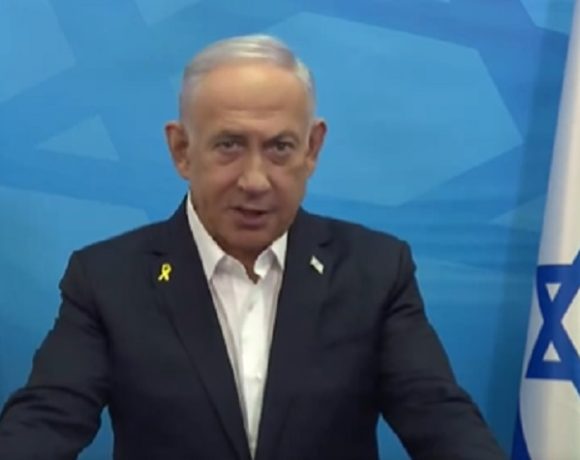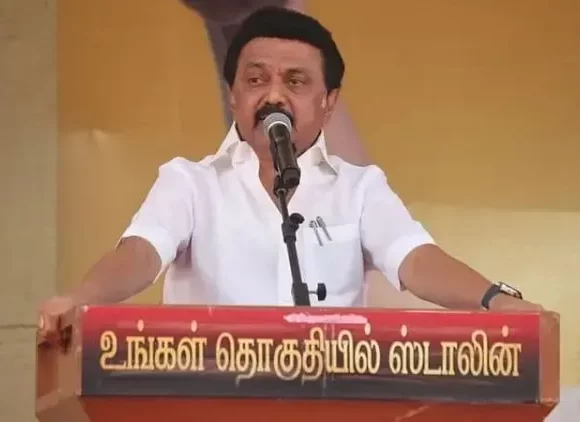
Modi to Press Carney on Extradition of 26 Khalistanis at G7 Summit
Prime Minister Narendra Modi is expected to raise India’s longstanding demand for the extradition of 26 Khalistani fugitives in a key bilateral meeting with Canadian Prime Minister Mark Carney at the G7 Summit in Kananaskis, Alberta (June 15–17). The talks aim to patch strained ties that have been frayed since 2023 following allegations surrounding the death of separatist leader Hardeep Singh Nijjar in Surrey.
Khalistan extradition push
India’s list includes prominent separatist figures such as Gurjeet Singh, Gurjinder Singh, Gurpreet Singh, Lakhbir Singh Landa, and Arshdeep Singh Gill—accused of orchestrating extremist activities from Canadian soil. New Delhi will press Ottawa to expedite processing the arrest and deportation requests tied to these individuals, citing national security concerns and the ongoing threat posed by pro-Khalistan groups abroad.
Restoring law enforcement dialogue
Tensions escalated in mid‑2023 when Prime Minister Justin Trudeau asserted possible Indian involvement in the Nijjar killing—a claim rejected by India as “absurd.” Varied diplomatic actions, including mutual expulsions of diplomats and a suspension in intelligence sharing, followed. Under Carney’s leadership since April 2025, Canada reinstated part of its law enforcement dialogue with India, setting the stage for renewed cooperation.
Carney extends invitation amid domestic pushback
Canadian PM Carney invited Modi to the G7 summit, reaffirming India’s global significance in areas like supply chains and economic growth. Despite criticism from domestic political quarters, Carney stressed that engaging India aligns with broader geopolitical priorities and was coordinated with other G7 nations.
Balancing security and diplomacy
While Canadian authorities are reviewing a murder charge in the Nijjar case, India will highlight its own security concerns over extremist mobilisation on Canadian territory. New Delhi has pledged full cooperation if provided with evidence, while urging tangible steps from Ottawa. Canadian media have described the Khalistan issue as “vital in law enforcement dialogue,” underscoring its influence on bilateral talks.
Global and diplomatic significance
The upcoming G7 meeting serves as a diplomatic turning point. For India, it offers a strategic opportunity to resolve extradition delays and reassert control over anti-India activities overseas. For Canada, constructive engagement on the issue reflects global responsibility. Observers expect this dialogue to influence both nations’ comfort with resuming high-level interaction, including the reinstatement of ambassadors and greater security coordination.
The road ahead
With both leaders under pressure to deliver actionable results, India is likely to seek clauses or timelines during the summit. Canada must balance domestic political pressures with international commitments and shared global interests. The outcome of this exchange may determine whether the India–Canada relationship moves toward trust and collaboration—or remains overshadowed by security concerns and diplomatic mistrust.


















